Along with the climate crisis, clean energy transition, poverty alleviation, banking system reform, etc., taxing the super-rich is one of the important topics at the G20 Summit in Rio de Janeiro, Brazil.
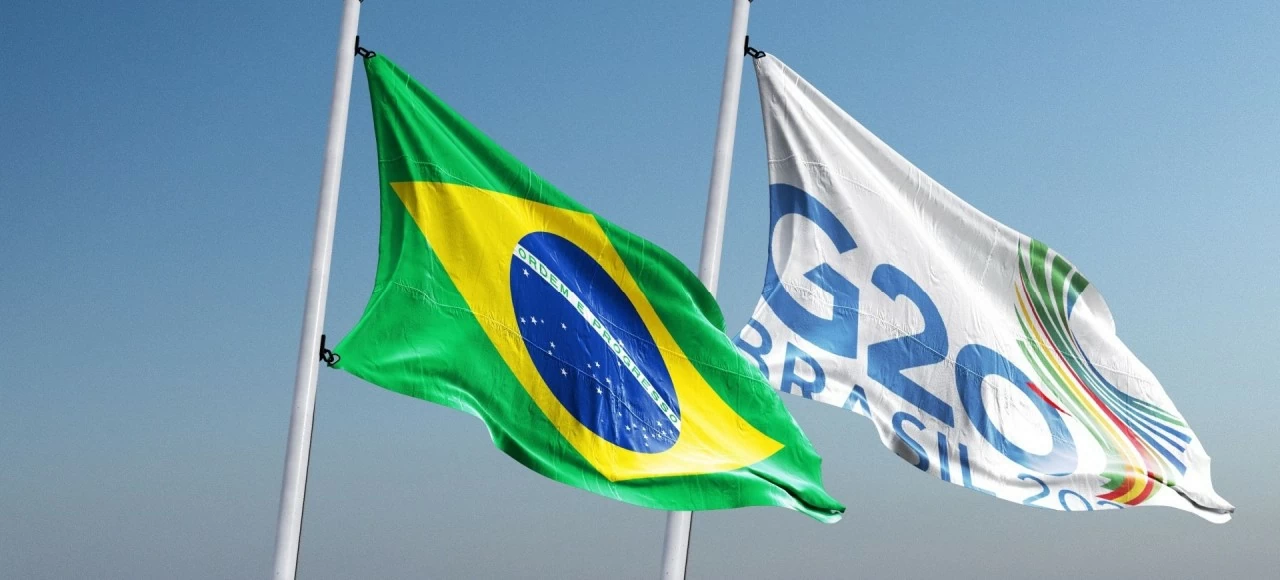 |
| As part of its 2024 G20 presidency, Brazil has proposed a minimum 2% annual tax on the world's 3,000 richest people with assets exceeding $1 billion. (Source: Shutterstock) |
The super-rich are getting richer fast. According to statistics, the number of members of the world's ultra-rich club, which is made up of individuals with a minimum net worth of $30 million, has increased by 28% in just seven years by the end of 2023. The wealth of the richest 1% of the planet has also increased by $42,000 billion in the past decade, nearly 36 times the total wealth of the poorest half of the world.
But paradoxically, the super-rich pay far less in taxes than the average person. Their wealth is virtually untaxed, with effective tax rates ranging from 0% to 0.5%. That means that for every dollar of tax collected by billionaires, less than 8 cents is taxed on their wealth.
In addition, many billionaires seek to exploit loopholes in the tax system or move assets to countries with lower tax rates to increase profits. Such actions are depriving countries of much-needed revenue, especially in these difficult economic times.
As part of its 2024 G20 presidency, Brazil has proposed a minimum 2% tax each year on the world’s 3,000 richest people with assets exceeding $1 billion. The estimated revenue of $200-250 billion/year would help solve problems such as education, health care, and combating climate change.
Home to nearly 80% of the world’s billionaires, the G20 will have a say in how the super-rich are taxed. If the initiative is approved in Rio de Janeiro, it would be a historic step in reducing inequality in development around the world.
Source: https://baoquocte.vn/buoc-di-lich-su-tai-hoi-nghi-thuong-dinh-g20-293730.html


![[Photo] A brief moment of rest for the rescue force of the Vietnam People's Army](https://vstatic.vietnam.vn/vietnam/resource/IMAGE/2025/4/3/a2c91fa05dc04293a4b64cfd27ed4dbe)
![[Photo] Capital's youth enthusiastically practice firefighting and water rescue skills](https://vstatic.vietnam.vn/vietnam/resource/IMAGE/2025/4/3/3f8481675271488abc7b9422a9357ada)
![[Photo] General Secretary To Lam receives Japanese Ambassador to Vietnam Ito Naoki](https://vstatic.vietnam.vn/vietnam/resource/IMAGE/2025/4/3/3a5d233bc09d4928ac9bfed97674be98)
![[Photo] Ho Chi Minh City speeds up sidewalk repair work before April 30 holiday](https://vstatic.vietnam.vn/vietnam/resource/IMAGE/2025/4/3/17f78833a36f4ba5a9bae215703da710)
![[Photo] Prime Minister Pham Minh Chinh chairs the first meeting of the Steering Committee on Regional and International Financial Centers](https://vstatic.vietnam.vn/vietnam/resource/IMAGE/2025/4/3/47dc687989d4479d95a1dce4466edd32)
![[Photo] Prime Minister Pham Minh Chinh chairs meeting after US announces reciprocal tariffs](https://vstatic.vietnam.vn/vietnam/resource/IMAGE/2025/4/3/ee90a2786c0a45d7868de039cef4a712)




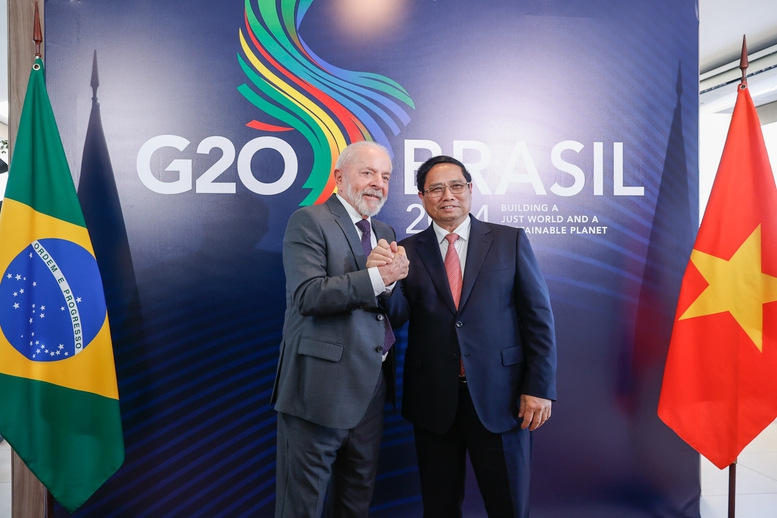



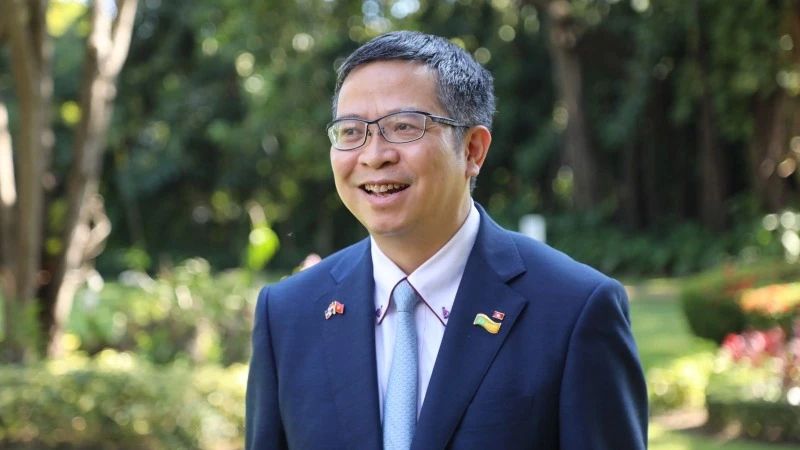

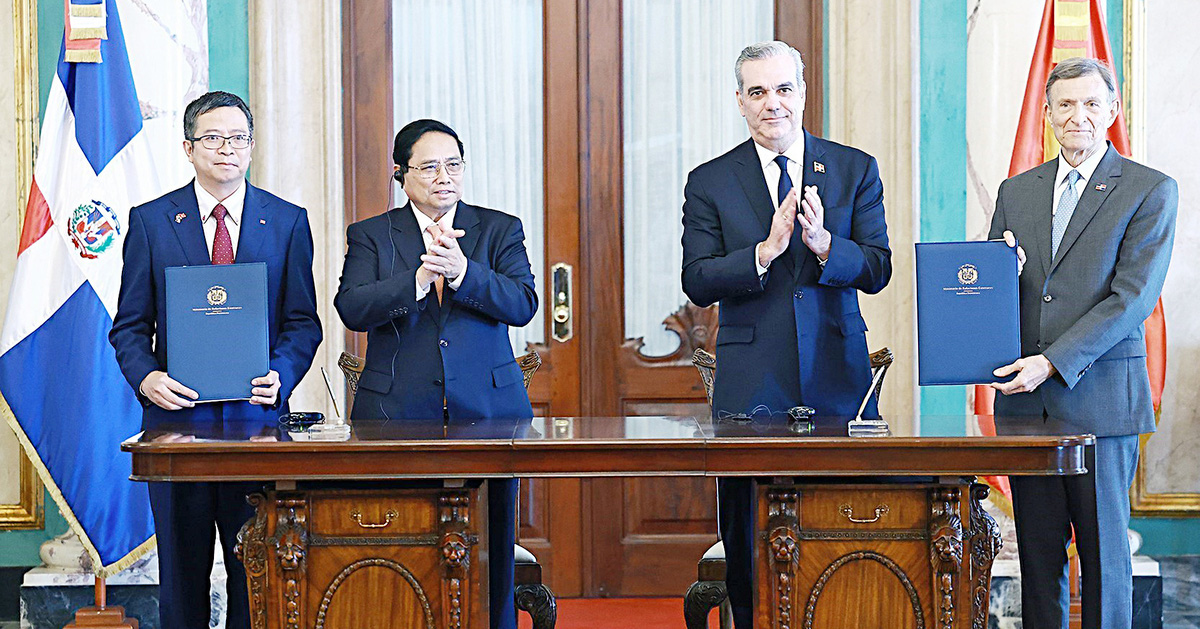

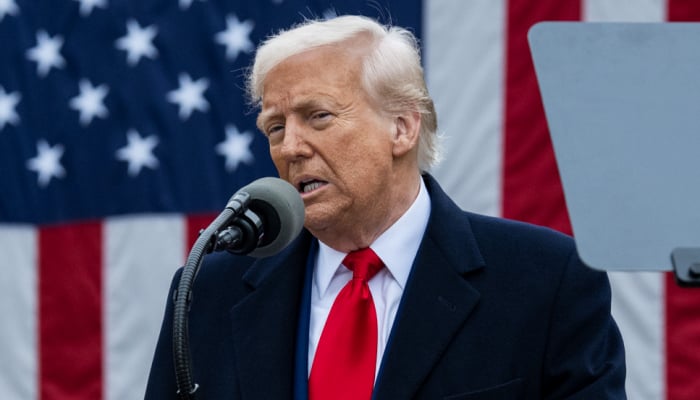



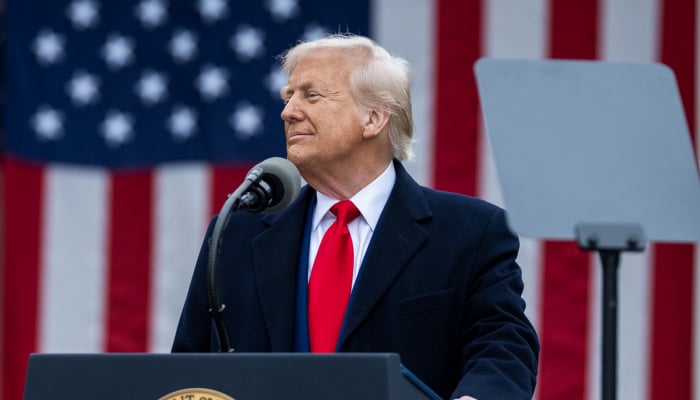







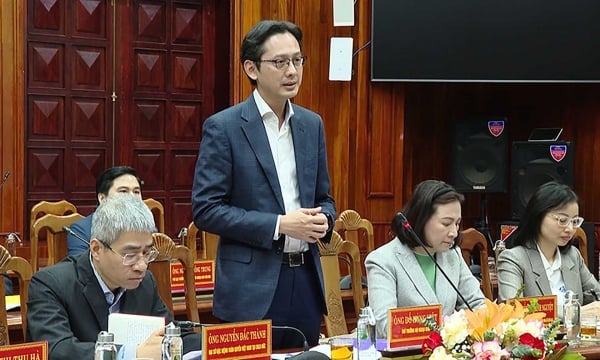


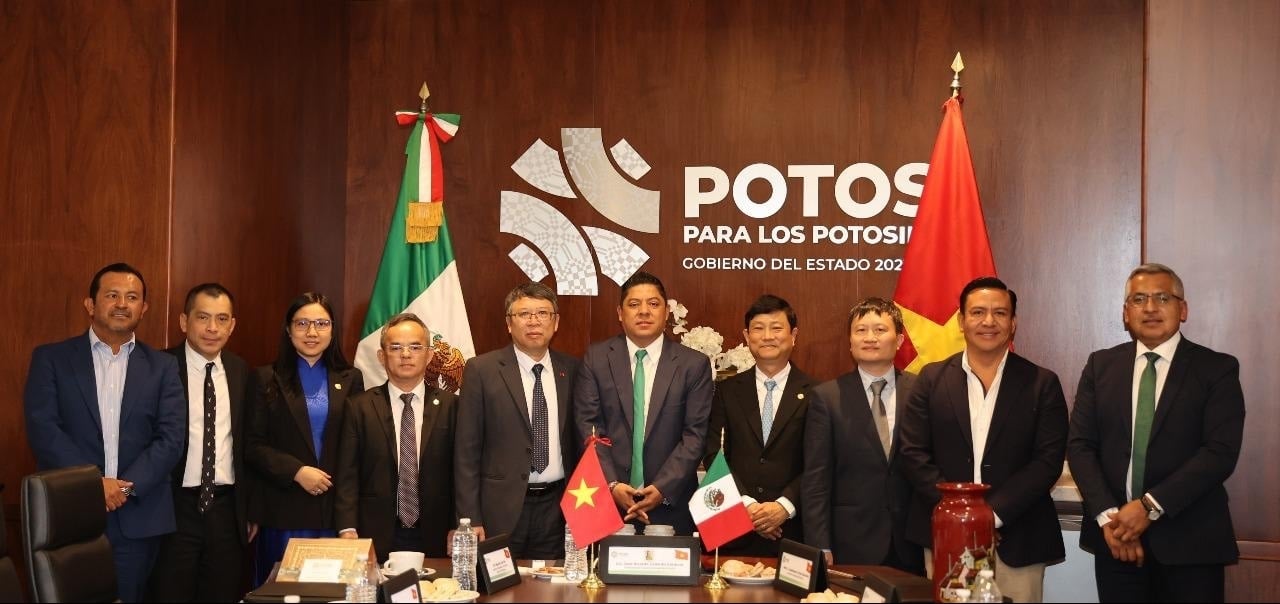



























































Comment (0)